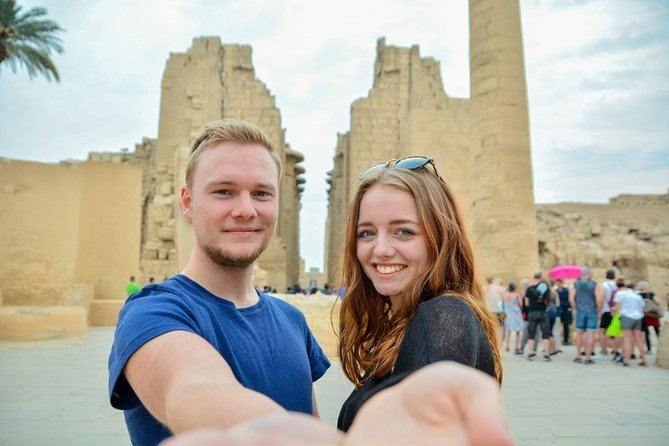Book of the Dead

Book of the Dead The ancient Egyptians were aware of the possibility of the existence of an afterlife, and for that sole purpose, they invested a great deal of time and imagination into creating the mysterious Book of the Dead. The book is simply a collection of ancient Egyptian funerary texts made
up of spells and magical formulas located within tombs to protect and help the deceased during their journey in the afterlife. They were in common use for 1500 years, from Egypt’s old kingdom (2575-2150 BC) until the Greco-Roman period (332 BC–642 AD). The original title
Book of the Dead
was translated into “Book of Coming Forth by Day” or “Book of Emerging Forth Into the Light” by the famous German Egyptologist Karl Richard Lepsius, who published the first collection of the texts in 1842. The Book of the Dead was never fully codified, and no copies of the book are available. Each copy of the book is unique because it was created for each individual who passed on his own life.
History of the Book of the Dead
The Book of the Dead goes all the way to the old kingdom, where it was developed from the tradition of funerary manuscripts called the pyramid texts around 2400 BCE. These texts were written on the walls of the burial chambers of the pharaohs within their pyramids in an unusual hieroglyphic style.
Their goal was to act as a guidebook to provide all the necessary information and instruct the deceased on how to survive in the afterlife and ascend with the gods. In Egypt middle kingdom
Book of the Dead
( 2030–1650 BC), the Coffin Texts, which is like an update of the Pyramids Texts, started to spread as they had a new version of the language, new spells, and illustrations for the first time. They were written mostly on coffins but sometimes on tomb walls or on papyri. By the 17th dynasty, the
book was highly popular as it no longer included members of the royal family but also courtiers and officials. By the new kingdom (1570–1069 BCE),the book had already become a crucial part of their culture, as it could be found in the tombs of anyone who could afford it. A person who was
on the verge of death could hire a scribe and create his own personal book. During the Ptolemaic Dynasty (323–30 BCE), the books continued to be used, and each book had many different copies, forms, and sizes.
Contains the Book of the Dead
The book acted as a ritual formula for performing magical and religious practices. The book contains about 192 spells that serve many purposes, One of the most famous spells in the book is the famous spell 125, “The Weighing of the Heart,” in which the judgment of the soul happens in the afterlife
in the Hall of Truth in front of the King of the Underworld, “Osiris,” where the heart of the deceased weighs against the feather of Maat to decide whether he will enter the fields of Reed or vanish from existence. Because of Osiris’ popularity and his important role in eternal judgment, more &
More people desired the book to win the graces of the underworld. The book contains many magical techniques for creating magical amulets. It also contained many definitions and illustrations of the mummification process, the Ka (life force), the Heka (magic), transformation, the afterlife, and the judicial process.






